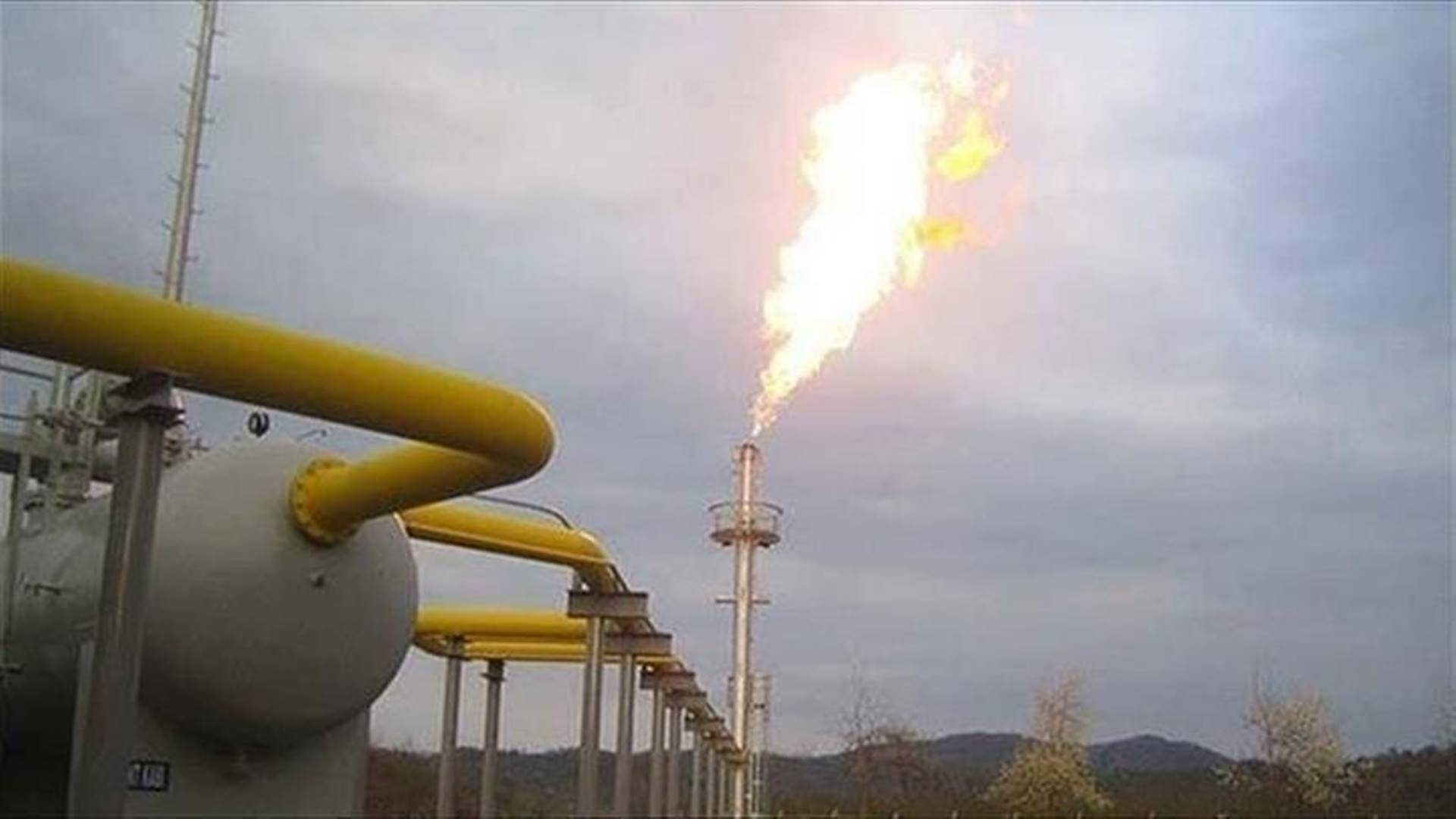Additional measures banning imports of oil products from Russia as of Feb. 5 are expected to cost the country a further €120 million

The European Union’s ban on crude oil imports from Russia and oil price cap is estimated to cost Russia €160 million ($171.7 million) a day, according to findings from the Centre for Research on Energy and Clean Air (CREA) on Wednesday.
The EU banned imports of seaborne crude oil from Russia and insurance and financing of the transport of Russian oil to third countries, particularly through maritime routes. The EU’s prohibition came into effect on Dec. 5, 2022. The EU and G-7 group of industrialized nations agreed on a price cap for Russian oil at $60 per barrel that came into effect the same day.
CREA found that Russia’s crude oil revenues saw a 32% drop in December due to the crude oil import ban and price cap. After Germany halted imports of Russian oil via the Druzhba pipeline by the end of last month, it caused a further reduction of 5%.
The Druzhba pipeline, also known as the Friendship Pipeline, is the main line carrying oil from eastern European Russia to Ukraine, Belarus, Poland, Hungary, Slovakia, the Czech Republic, Austria, and Germany.
A total of 2.5 million barrels of crude oil and 700,000 barrels of petroleum products were transported via the pipeline in October for EU countries.
Despite the drop in revenues, Russia is still earning €640 million per day from fossil fuel exports. This amount is set to fall to about €520 million as the EU ban on refined oil imports and the extension of the price cap to refined oil products come into effect by Feb. 5.
“The EU’s oil ban and the oil price cap have finally kicked in, and the impact is as significant as expected. This shows that we have the tools to help Ukraine prevail against Russia’s aggression. It is essential to lower the price cap to a level that denies taxable oil profits to the Kremlin and to restrict the remaining oil and gas imports from Russia,” Lauri Myllyvirta, lead analyst at CREA, was quoted as saying on the study.
CREA’s findings show that Russia has so far made €3.1 billion from shipping crude oil in vessels under the current price cap and €2 billion of this amount was the tax income going straight to the Russian government.
As the price cap of $60 per barrel is far above Russia’s costs of production, lowering it to $25-$35 per barrel would slash Russia’s oil export revenue by at least €100 million per day, according to CREA.
“The first month of embargo proves what we have been saying from the beginning of the invasion; income from exports of fossil fuels is the financial bloodline for (Russian President Vladimir) Putin’s war,” Svitlana Romanko, founder and director of Razom We Stand, a non-governmental organization, said on the findings of the study.
“The price cap needs to be revised down and enforcement of the embargo should be strengthened. Without fossil fuel export income, Russia’s brutal onslaught on international law, human rights, and the environment will collapse. We need more action from the price cap coalition,” she said.
(AA)
Napomena o autorskim pravima: Dozvoljeno preuzimanje sadržaja isključivo uz navođenje linka prema stranici našeg portala sa koje je sadržaj preuzet. Stavovi izraženi u ovom tekstu autorovi su i ne odražavaju nužno uredničku politiku The Balkantimes Press.
Copyright Notice: It is allowed to download the content only by providing a link to the page of our portal from which the content was downloaded. The views expressed in this text are those of the authors and do not necessarily reflect the editorial policies of The Balkantimes Press.
